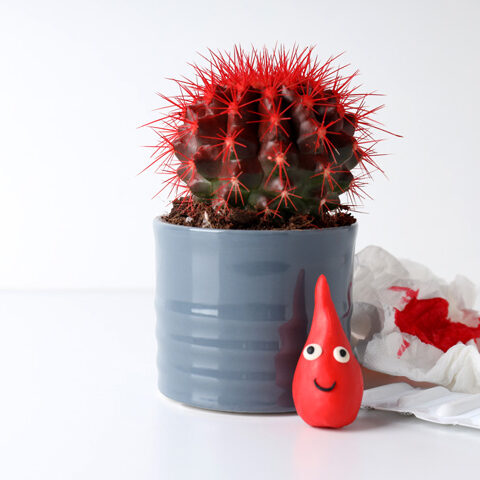Usually, piles are caused due to excessive pressure on your rectal region. Under pressure, the blood vessels in the rectum and around the anal region stretch out and swell, forming bulges known as piles. It may be due to:
- Pregnancy
- Straining during bowel movements
- Chronic diarrhea and constipation
- Lifting heavy objects and weights
- Obesity
In most cases of piles, there are no noticeable symptoms. Piles usually resolve on their own within a few days or weeks.
The common signs and symptoms of piles include:
- An itchy, sore, and red anal region
- Pain during bowel movements
- Bright red blood after passing stool
- The feeling of a hard, painful lump around the anal region
In severe cases of piles, the following symptoms are:
- The inability to control bowel movements, known as fecal incontinence
- Excessive anal bleeding
- Strangulated hemorrhoid, which occurs when its blood supply is cut off
- Anal fistula, which is a bridge created between the inside and outside of the anal region
If you experience any of these symptoms You must visit Dr.Prashant Kedari who is the best Piles specialist, and offers the best Treatment at Surgicare Hospital.
External hemorrhoids may be visible upon physical examination. To diagnose internal hemorrhoids, your doctor may perform tests in your rectal and anal region, including:
- Digital examination: Your doctor will insert a gloved and lubricated finger inside your rectum to feel for unusual growths and bulges.
- Visual inspection: In some cases, internal hemorrhoids may be too soft to be felt during a digital examination. The doctor may use a sigmoidoscope, proctoscope, or anoscope to examine your rectal and anal region. Your doctor may recommend a colonoscopy if your signs and symptoms suggest another digestive system disease.
In most cases, piles resolve on their own and do not require any treatment. However, some treatment options can provide relief from symptoms such as itching, pain, and discomfort. The various treatment options include:
Home Remedies
Home remedies can help relieve mild symptoms such as inflammation, pain, or swelling from piles.
- Consume vegetables, fruits and high-fiber foods to help soften the stool and increase its bulk. This will slow down the symptoms from worsening.
- Use over-the-counter topical medications with hydrocortisone or heating pads that contain numbing agents or witch hazel.
- Soak your anal region in warm water for 10 to 15 minutes. Do this twice or thrice a day to relieve mild symptoms.
Medications
If your piles cause mild pain and discomfort, your doctor may recommend over-the-counter ointments, lotions, pads, or creams. These contain witch hazel, lidocaine, and hydrocortisone, which can help provide relief from mild pain, itching, and discomfort. However, do not use over-the-counter medications for more than a week unless prescribed by your doctor.
Surgical Options
In cases of painful piles, your doctor may recommend surgical options. These include:
- Rubber band ligation: The doctor will place small bands around the internal hemorrhoid to cut off its blood supply. It will cause hemorrhoids to shrink and fall off in a few days.
- Sclerotherapy: The doctor will inject a chemical injection into your hemorrhoid to shrink it. This procedure may be less effective than rubber band ligation.
- Coagulation: This technique will use infrared light, laser or heat to harden and shrivel internal hemorrhoids.
- Hemorrhoidectomy: The surgeon will remove any excess tissue that may be causing the bleeding. It is the most effective treatment for completely removing piles.
- Hemorrhoid stapling: This procedure involves blocking the blood flow to the hemorrhoid tissue. Although it is less painful than a hemorrhoidectomy, it has an increased risk of hemorrhoid recurrence or rectal prolapse, where a part of the rectum comes out of the anus.
Result Most cases of piles resolve on their own and do not require surgery. However, the few people that do undergo surgery show positive results.
In around 95 percent of the cases, piles surgery does not cause any complications. However, some patients may experience:
- Urinary tract infection
- Fecal impaction
- Pain and discomfort
- Wound breakdown
- Infection
- Anal stricture

